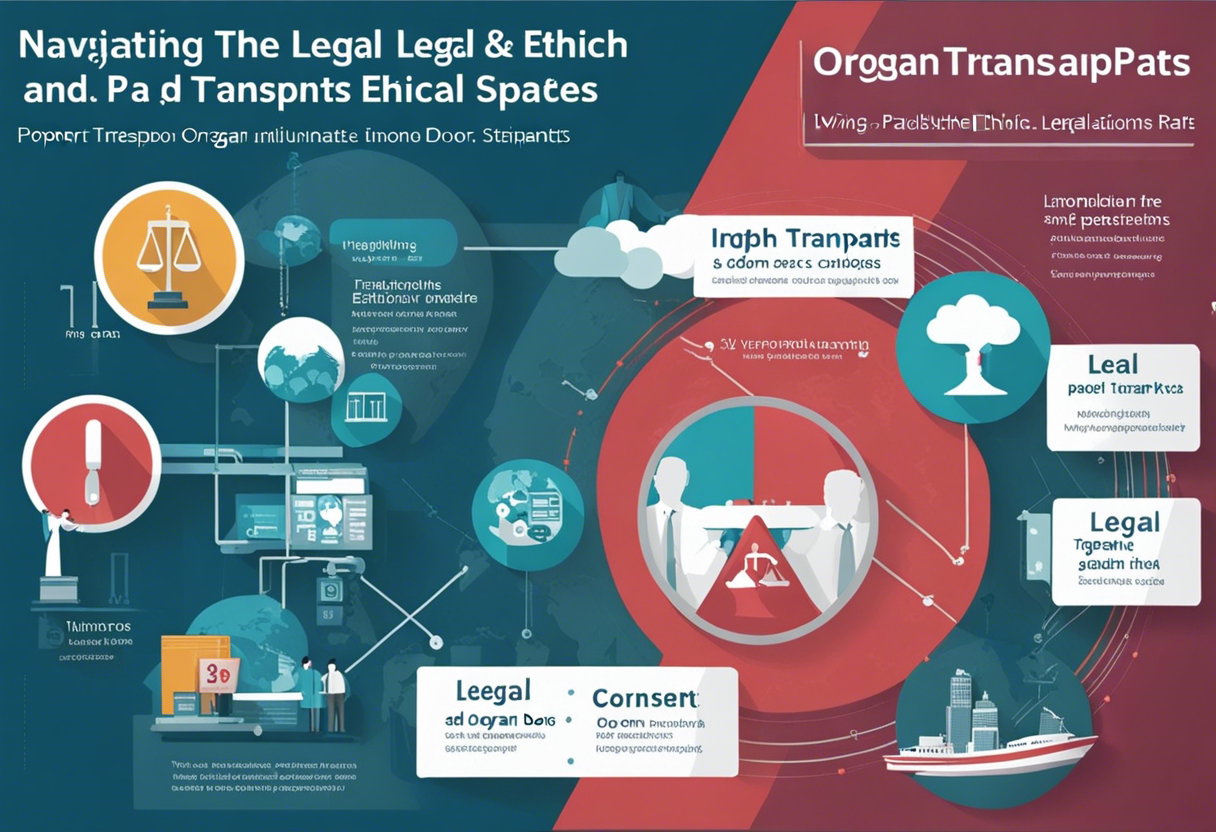Journey through the Top 5 Essentials of a Liver Transplant Procedure
A successful liver transplant procedure begins with an in-depth understanding of the procedure itself. Key for both doctors and patients, this fundamental aspect ensures there's no confusion from either side. Just like any other medical procedure, a liver transplant requires careful preparation before the actual surgery. This involves explaining the surgical process at length, providing a medical evaluation and discussing the associated risks and potential complications.
One of the most significant parts of this stage involves matching the patient with a suitable donor. Doctors get mainly into finding a donor with a matching blood type to the patient, as this significantly reduces the risk of the body rejecting the new organ. Additionally, the donor's liver size must also be compatible with the size of the recipient’s body.
Post-operative care is also an essential point covered during this stage as it sets expectations for the patient on their road to recovery. It nudges recipients into mentally preparing themselves for life after the procedure, making them aware of the necessity of regular check-ups and lifelong medication.
The Importance of Condition Assessment

Preparation for a liver transplant doesn't stop with simply understanding the process. Doctors also need to take a detailed assessment of the patient's condition. The recipient’s current health status, physical endurance, and the liver disease stage play crucial roles in a successful liver transplant procedure.
Various tests like blood tests, imaging tests, heart tests and even a mental health evaluation form part of the condition assessment. The information collectively obtained, helps determine the urgency of the transplant and the patient’s potential to recover post-procedure.
Navigating the Legal and Ethical Aspects

The legal and ethical aspects of organ transplantation represent another frontier. Organ transplants, especially concerning living donors, often come with innumerable legal stipulations. Patients and donors alike require an in-depth understanding of the legal implications and paperwork involved.
Beyond just legal matters, ethical considerations also come into play. Proper consent, confidentiality, and discussions about survival rates and potential complications should be addressed systematically and empathetically.